Why CRM Is Used: Driving Business Growth
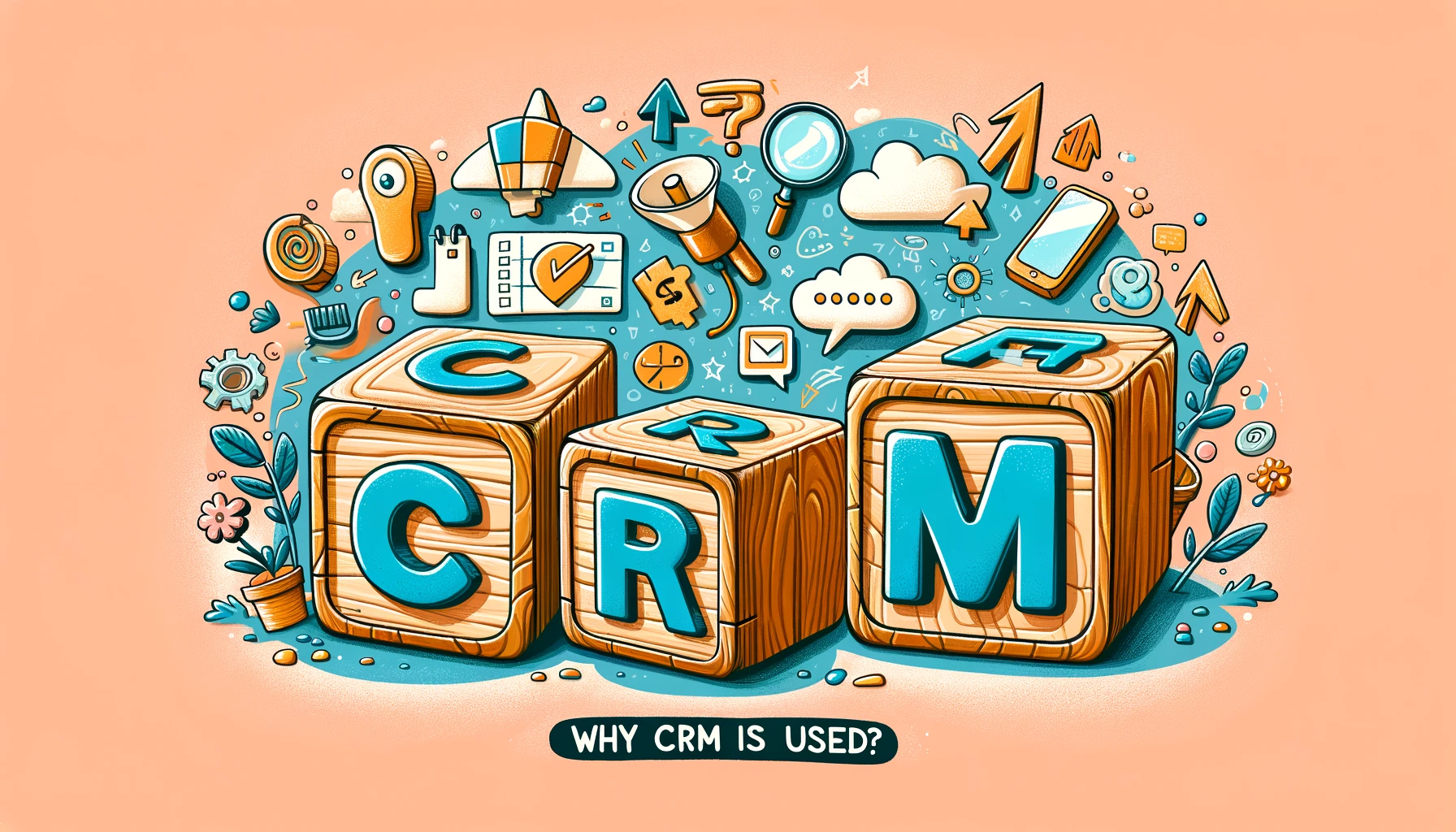
Discover why CRM is essential for nurturing customer relationships and driving sales in today's competitive market.
The Strategic Role of CRM in Modern Businesses
In the fast-paced business world, understanding why CRM is used is critical to staying ahead. At its core, CRM is the backbone of customer-centric strategies. It’s not just about storing contact information; a CRM system serves as a powerful tool to analyze customer interactions, streamline communications, and personalize the customer journey, leading to increased loyalty and repeat business.
Consider the sheer volume of data generated from each customer interaction. Without a CRM, valuable insights could slip through the cracks. By consolidating this data, businesses can craft targeted marketing campaigns and optimize the sales process. This isn’t just beneficial for large corporations; even small businesses can harness CRM to punch above their weight in the marketplace.
Moreover, CRM systems play a crucial role in employee productivity. By automating routine tasks and providing a centralized database, your team can focus on what they do best—building relationships and closing deals.
Here’s a quick glance at the tangible benefits CRM brings to the table:
| Metric | Before Implementation | After Implementation | Improvement |
|---|---|---|---|
| Order Processing Time (hours) | 24 |
8 |
-66% |
| Order Error Rate (%) | 10 |
2 |
-80% |
| Customer Satisfaction Score (out of 10) | 7 |
9 |
+28.6% |
| Inventory Management Efficiency (%) | 65 |
90 |
+38.5% |
These statistics illustrate the transformative power of CRM. By integrating a CRM, you’re not just investing in software; you’re investing in a smarter, more responsive business model.
The strategic role of CRM in modern businesses is undeniable. Whether you’re looking to enhance customer satisfaction, drive sales, or improve operational efficiency, a CRM system is your gateway to achieving these goals.
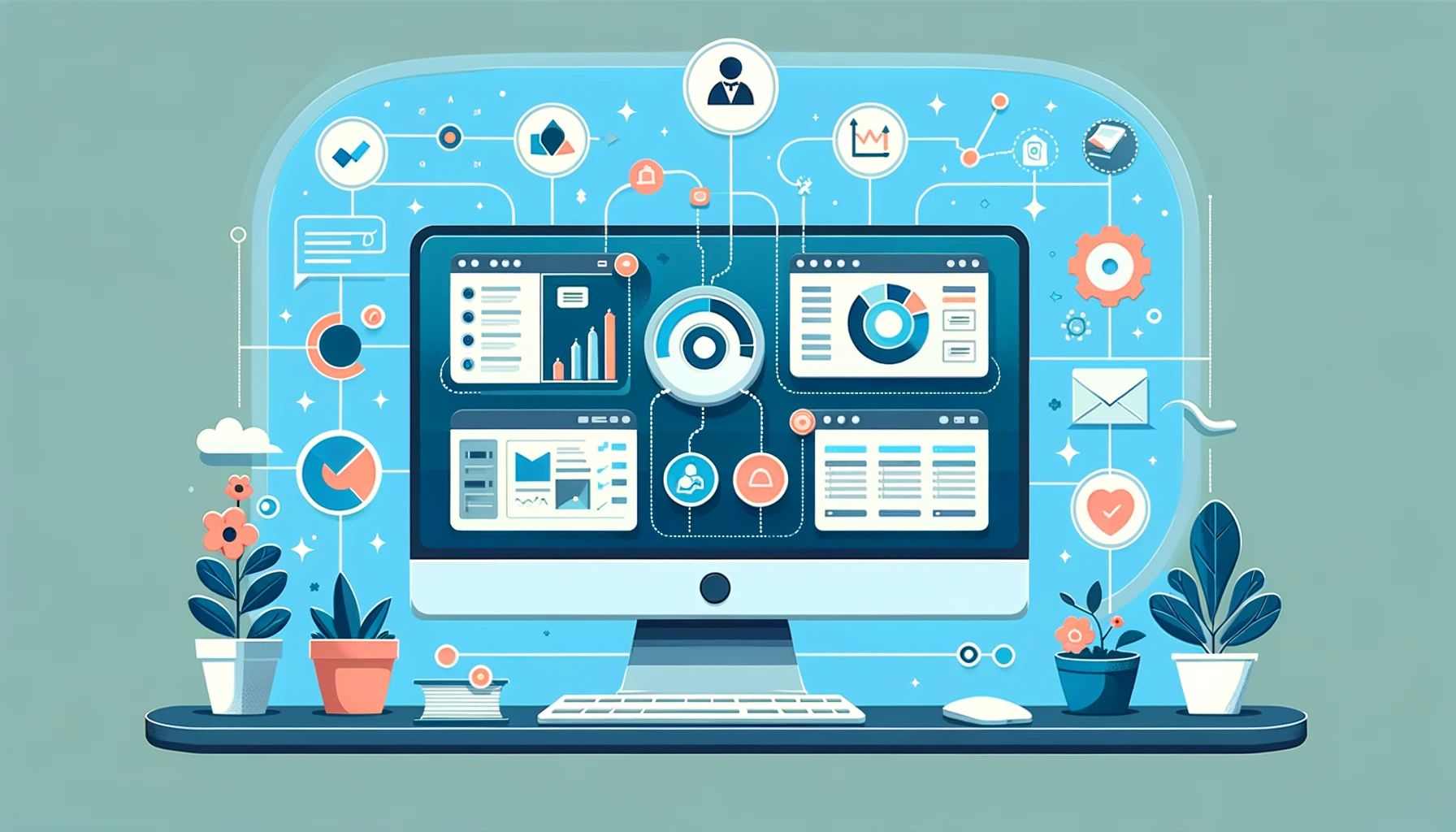
Stay tuned as we delve deeper into how CRM can revolutionize your business practices and the innovative ways companies are leveraging this indispensable tool.
Maximizing Customer Engagement with CRM Tools
Unlocking the full potential of customer interactions is key, and that’s where CRM tools shine. They empower you to create tailored experiences that resonate with your clientele. Imagine being able to track a customer’s purchase history and preferences. With this knowledge, you can craft offers and communications that hit the mark every time.
Effective CRM tools facilitate a two-way conversation, inviting feedback and fostering a sense of community around your brand. They also streamline the process of managing inquiries and support tickets, ensuring that no customer feels neglected.
Here are two essential ways CRM boosts engagement:
- Personalized Communication: Use CRM data to send relevant product updates, birthday wishes, and special promotions.
- Prompt Customer Service: Quickly address concerns and queries, reducing response times and enhancing satisfaction.
Integrating human resource management strategies with CRM tools can further enhance team performance, ensuring that your staff provides exceptional service at every touchpoint.
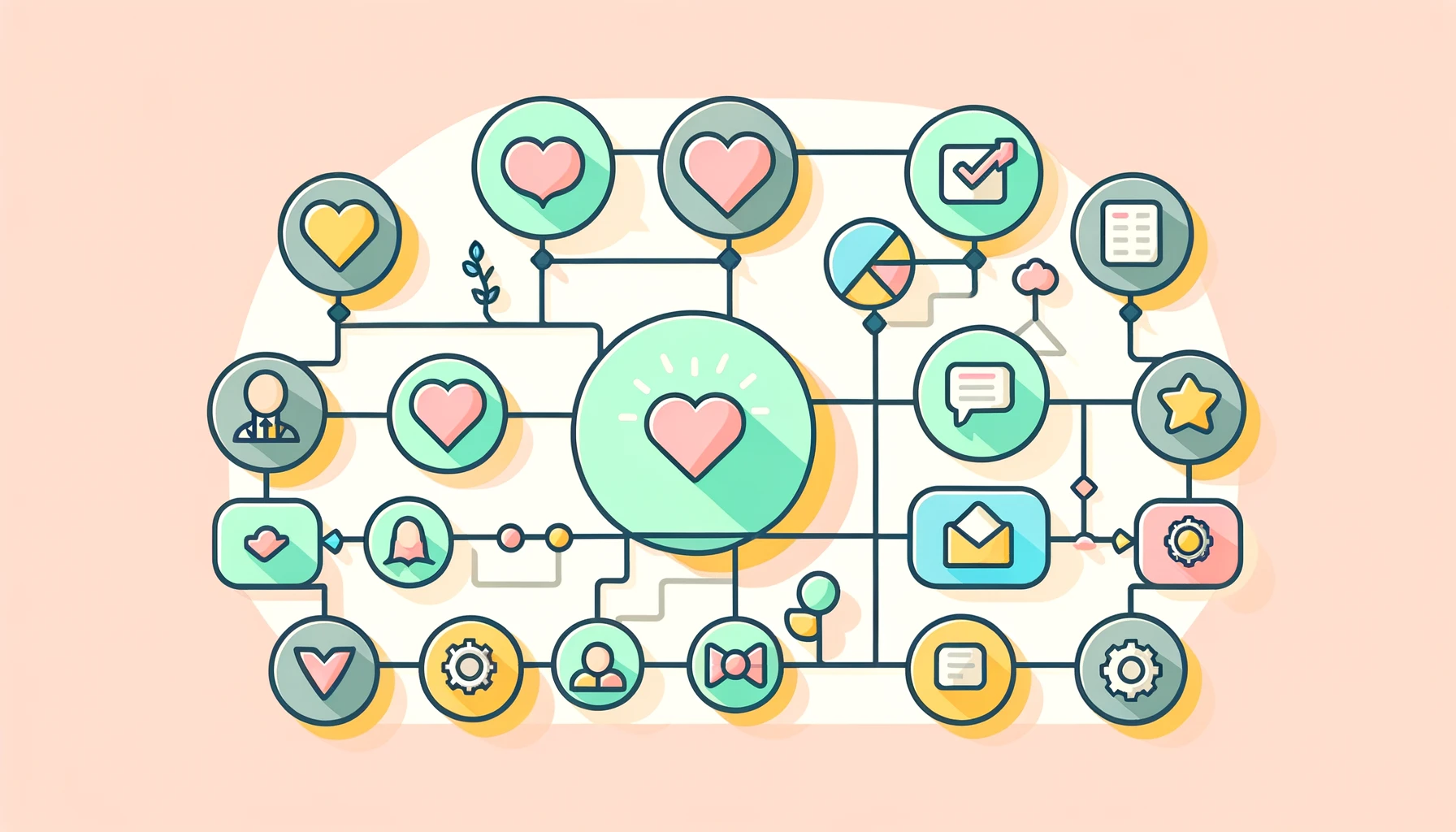
By leveraging the capabilities of CRM, you’re not just reaching out to your customers; you’re building lasting relationships that foster loyalty and growth. Stay with us as we explore more about why CRM is used to keep businesses at the top of their game.
Exploring the Multifaceted Benefits of CRM Adoption
When you peel back the layers of CRM adoption, a spectrum of benefits unfolds, touching every corner of your business. It’s not just about improving sales; it’s a holistic upgrade to your operational framework.
- Enhanced Decision-Making: With CRM, your company gains a 360-degree view of customer interactions, leading to informed choices and strategic planning.
- Streamlined Internal Processes: By centralizing information, CRM reduces redundancy and accelerates task completion.
Consider the impact of CRM on customer retention rates. It’s a well-known fact that keeping an existing customer is far more cost-effective than acquiring a new one. CRM systems excel in customer retention by maintaining a continuous and engaging dialogue.
| Benefits of CRM | Impact on Retention |
|---|---|
| Detailed Customer Profiles | Personalized Service |
| Automated Follow-Ups | Timely Engagement |
| Sales and Service History | Proactive Support |
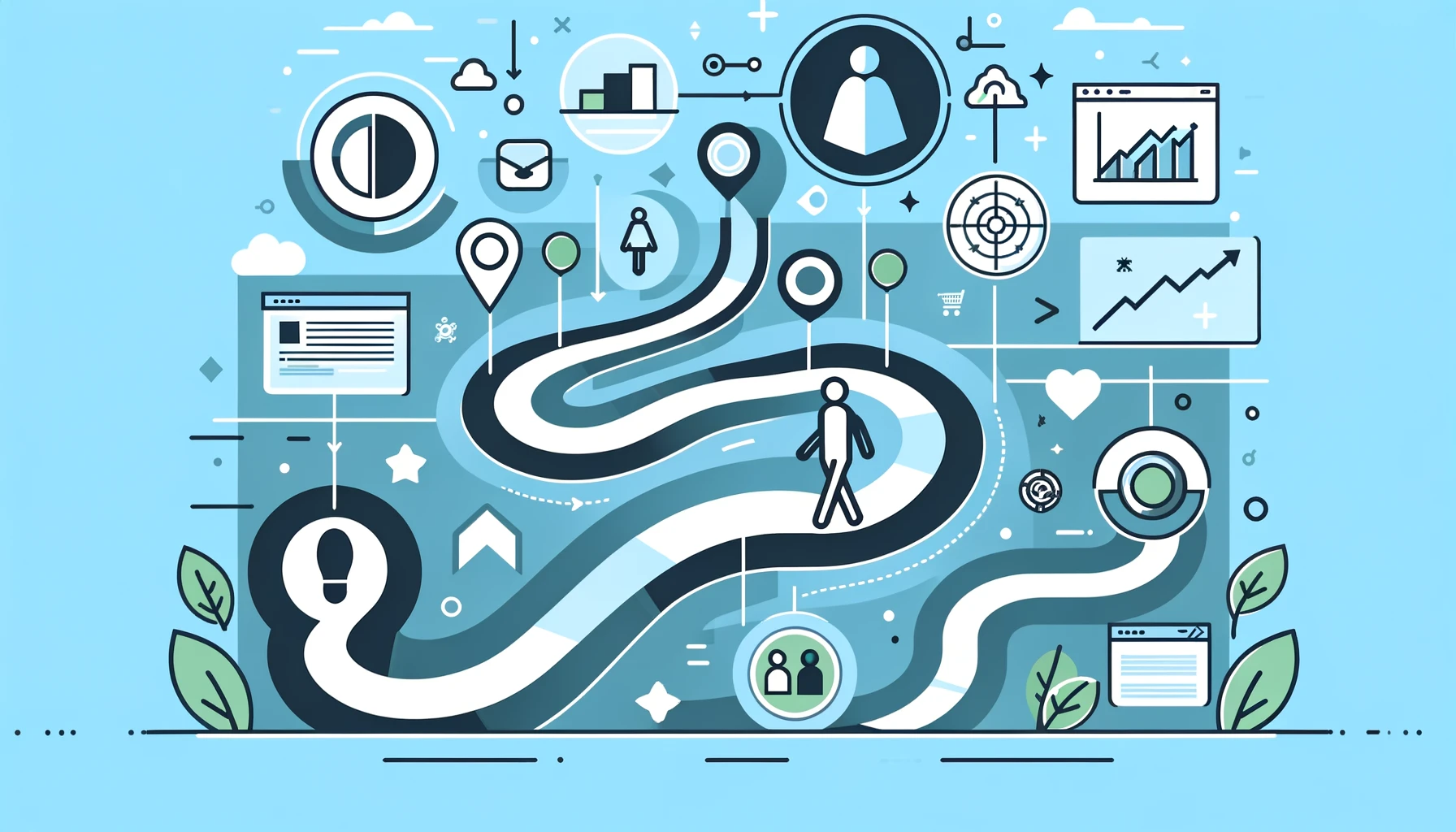
As we dive deeper into why CRM is used, it becomes clear that its adoption is a game-changer for businesses aiming for longevity and success. Join us as we further explore the transformative power of CRM systems.
Streamlining Operations: How CRM Optimizes Workflow
Are you looking to enhance efficiency in your daily operations? The answer lies in understanding why CRM is used to optimize workflow. By automating routine tasks, CRM allows your team to focus on strategic initiatives. Here’s how it transforms your business operations:
- Centralized Information: All your data in one place means quicker access and fewer errors.
- Automated Tasks: Say goodbye to manual entry and hello to automation that saves time and reduces costs.
With CRM, your staff can move seamlessly from one task to the next, ensuring that no detail is overlooked. This not only boosts productivity but also elevates the customer experience.
Consider the impact on project management. By integrating ai-task-manager tools with CRM, tasks are prioritized and allocated efficiently, making sure your team is always on track.
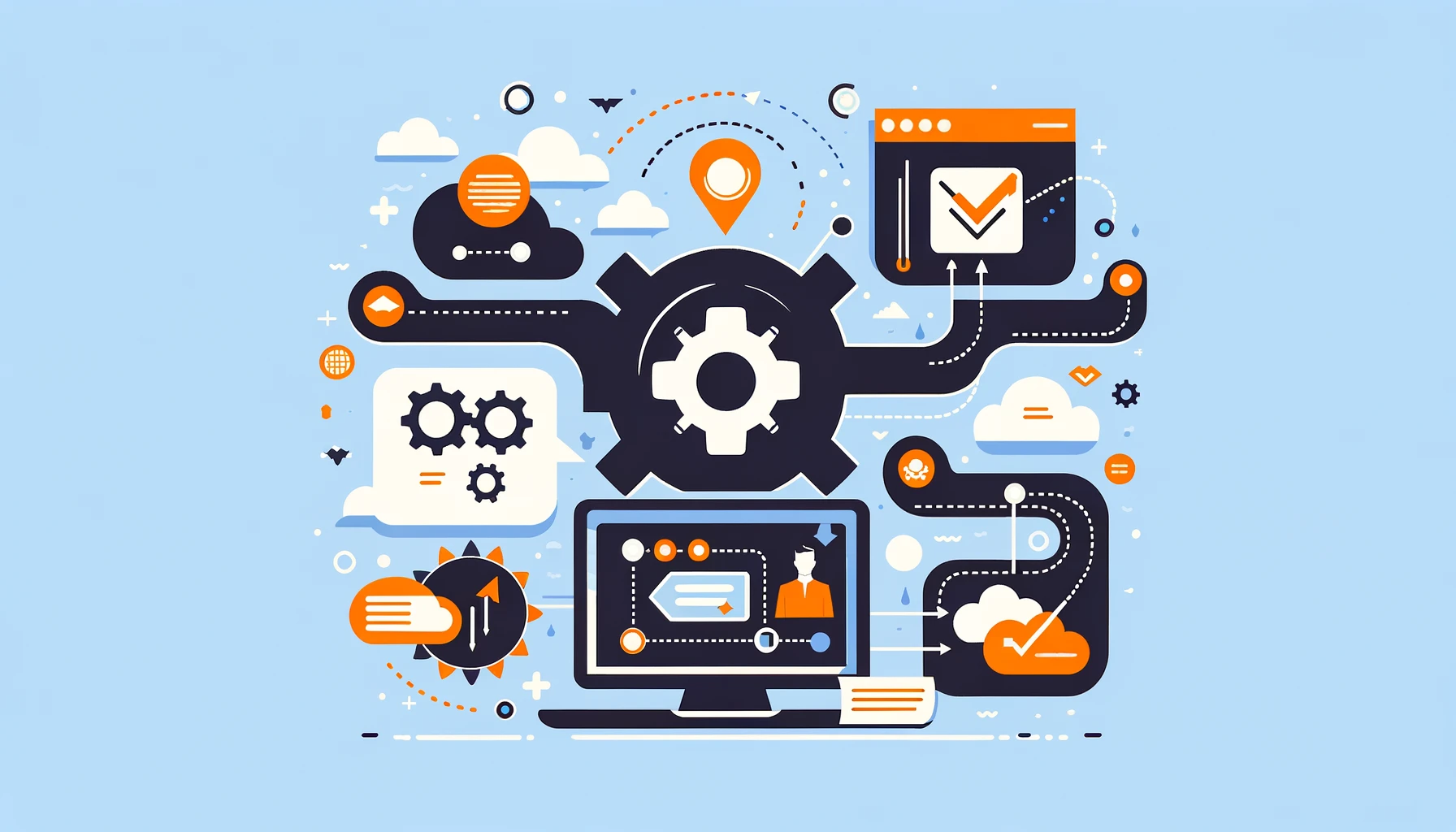
Embrace the power of CRM and watch as your business operations become a model of efficiency. Stay with us for more insights on why CRM is used to drive success in the competitive market landscape.
Real-World Success Stories: CRM in Action
Exploring why CRM is used through real-world applications can provide a wealth of insights. Businesses of all sizes have harnessed CRM to achieve remarkable results, turning challenges into success stories.
Take, for instance, a small e-commerce startup that implemented CRM to manage its burgeoning customer base. By utilizing crm-for-sales, they saw a 22% increase in sales within just six months. They achieved this by leveraging CRM data to personalize communication and predict customer needs, resulting in a more effective sales strategy.
Another example is a mid-sized service company that integrated CRM with ai tools for business. This synergy allowed them to automate service ticket assignments and prioritize inquiries based on urgency and customer value. The outcome was a 15% improvement in customer service ratings and a reduction in response times by 40%.
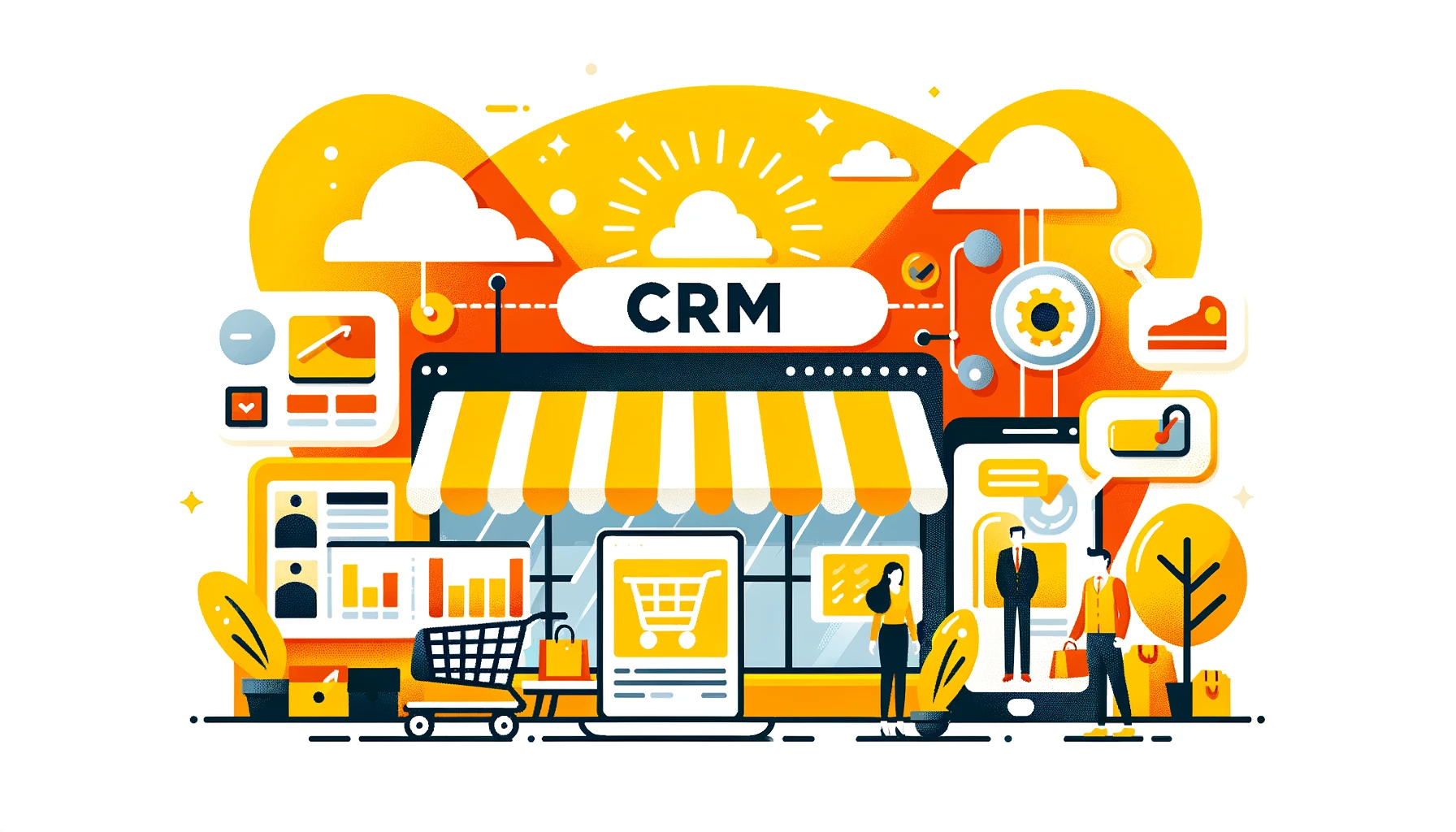
These stories underscore the transformative effect CRM can have. By providing a structured approach to managing relationships, CRM is a catalyst for sustainable growth and customer satisfaction. Join us as we continue to unravel the many reasons why CRM is used to fuel business success.
A Beginner’s Guide to Implementing CRM Successfully
Embarking on your CRM journey can transform your customer management and sales processes. To ensure a smooth CRM implementation, follow these strategic steps:
- Define Your Objectives: Clearly understand what you aim to achieve with CRM.
- Choose the Right Platform: Select a CRM that aligns with your business size and needs.
Start by evaluating your customer interaction points and determine how CRM can enhance these experiences. Then, involve your team in the selection process—after all, they’ll be the ones using the system daily.
For a successful rollout, provide thorough training and encourage feedback. This will not only help in fine-tuning the system but also promote user adoption. And remember, CRM is not a one-time setup; it’s an evolving tool that grows with your business.
By following these steps, you’ll be on your way to leveraging CRM to its full potential, ensuring that your company stays connected with its customers and ahead of the competition.
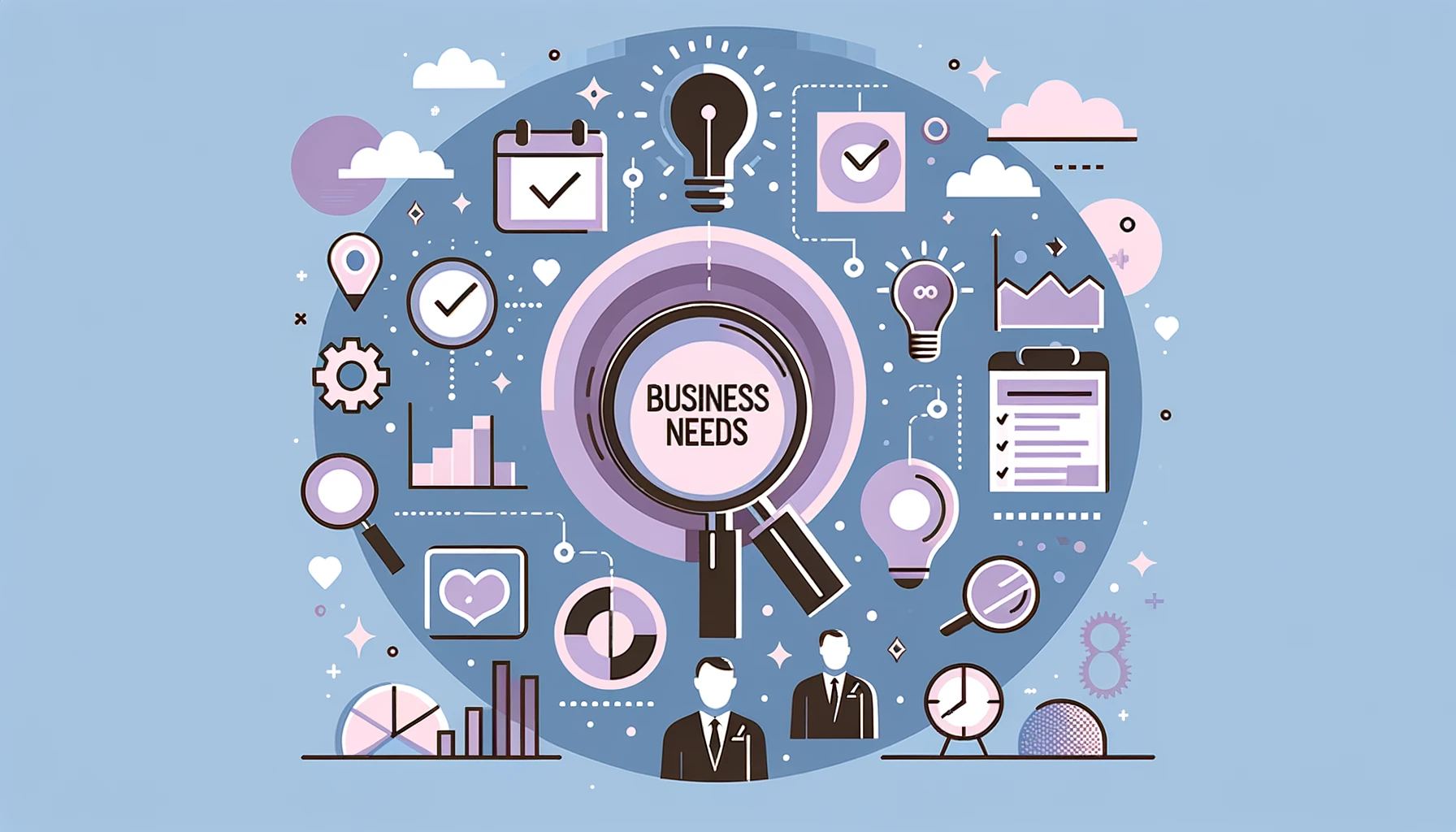
Stay with us as we delve deeper into why CRM is used and how it can become the cornerstone of your business strategy.
FAQs
What is CRM and why is it used in businesses?
CRM stands for Customer Relationship Management, and it is used in businesses to manage and analyze customer interactions and data throughout the customer lifecycle. The goal is to improve business relationships with customers, assist in customer retention, and drive sales growth.
How does CRM contribute to customer satisfaction?
CRM systems consolidate customer information and documents into a single CRM database so business users can more easily access and manage it. This streamlined approach to handling customer interactions and data helps ensure that customers receive timely, personalized service, which can significantly enhance their satisfaction.
Can CRM systems help in acquiring new customers?
Yes, CRM systems can be instrumental in acquiring new customers by organizing and analyzing potential leads and sales opportunities. They allow businesses to track engagement and nurture relationships with prospects through targeted marketing campaigns and sales strategies.
In what ways does CRM improve sales performance?
CRM improves sales performance by providing sales teams with tools to streamline the sales process, set up reminders for follow-ups, track the status of deals in the pipeline, and analyze sales data to identify trends and opportunities. This enables a more efficient and effective sales approach.
Is CRM only beneficial for large enterprises, or can small businesses also use it?
CRM is beneficial for businesses of all sizes. While large enterprises may use it to manage complex customer relationships at scale, small businesses can also leverage CRM to create more personal interactions and to organize customer information that can help them grow and compete more effectively.
Read more about low-code platform ozma.io
CRM for Beginners: Easy to Start!
CRM for Photographers: More Clients and Efficiency





